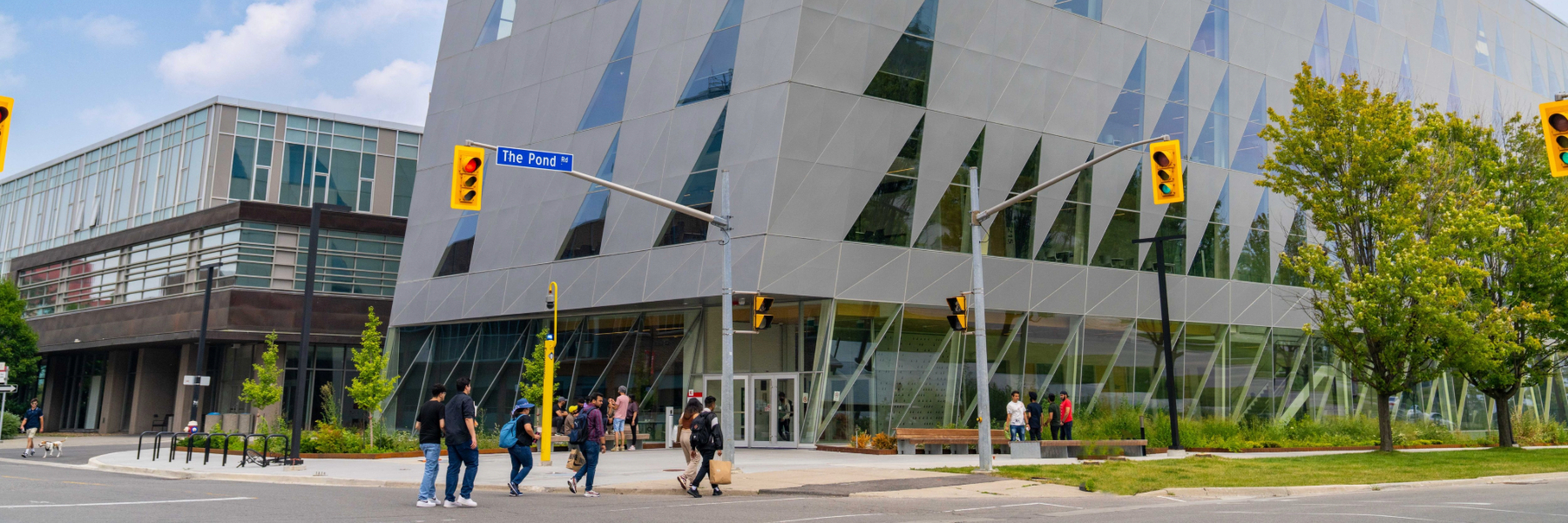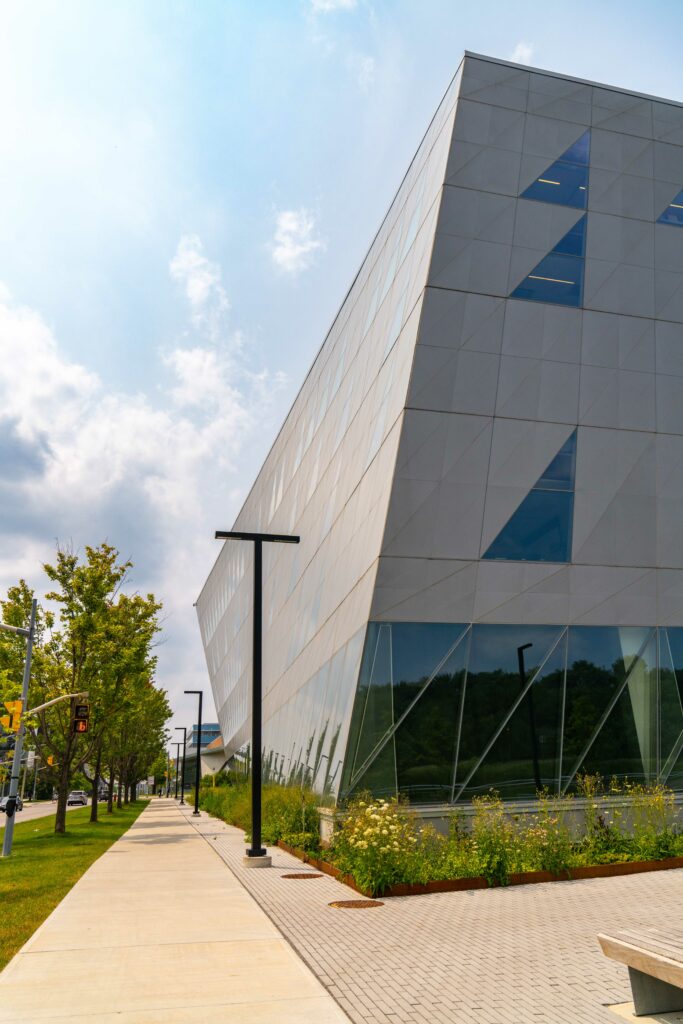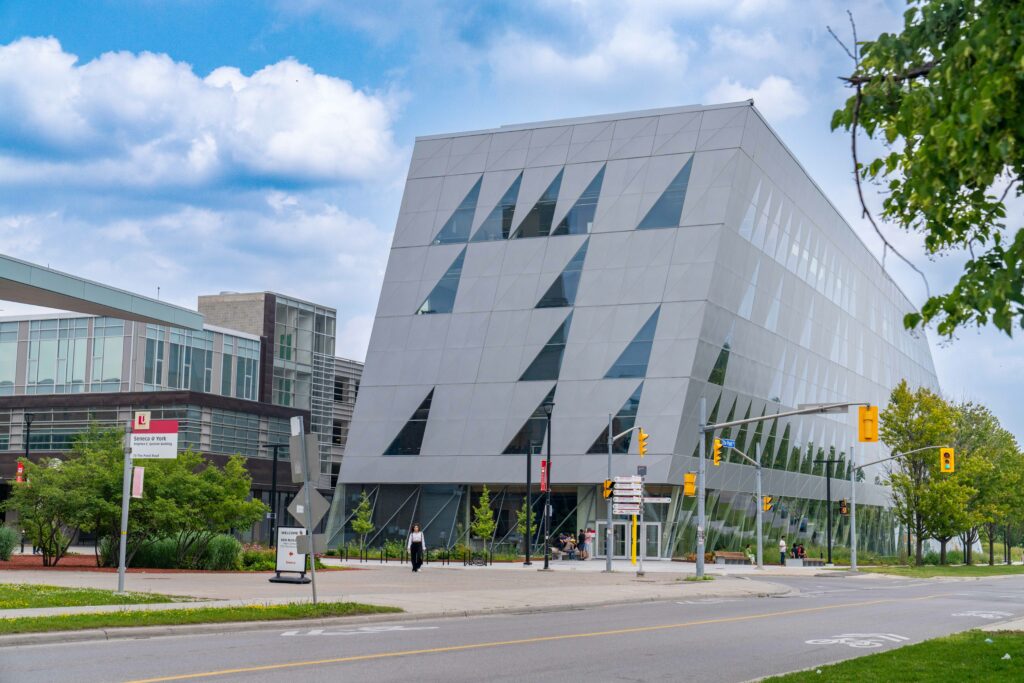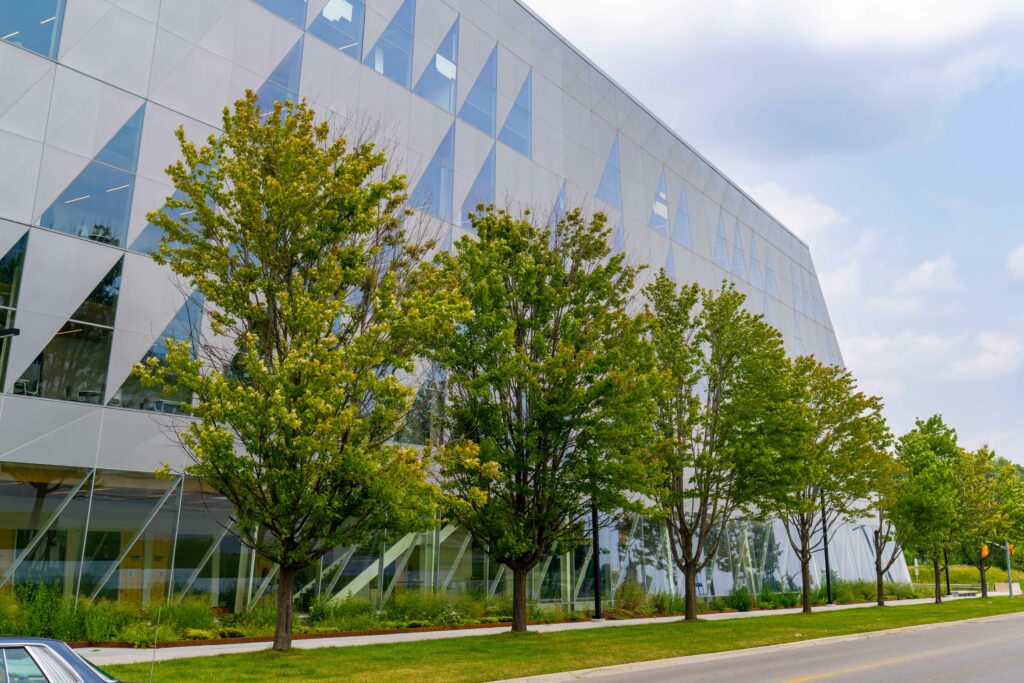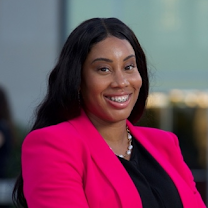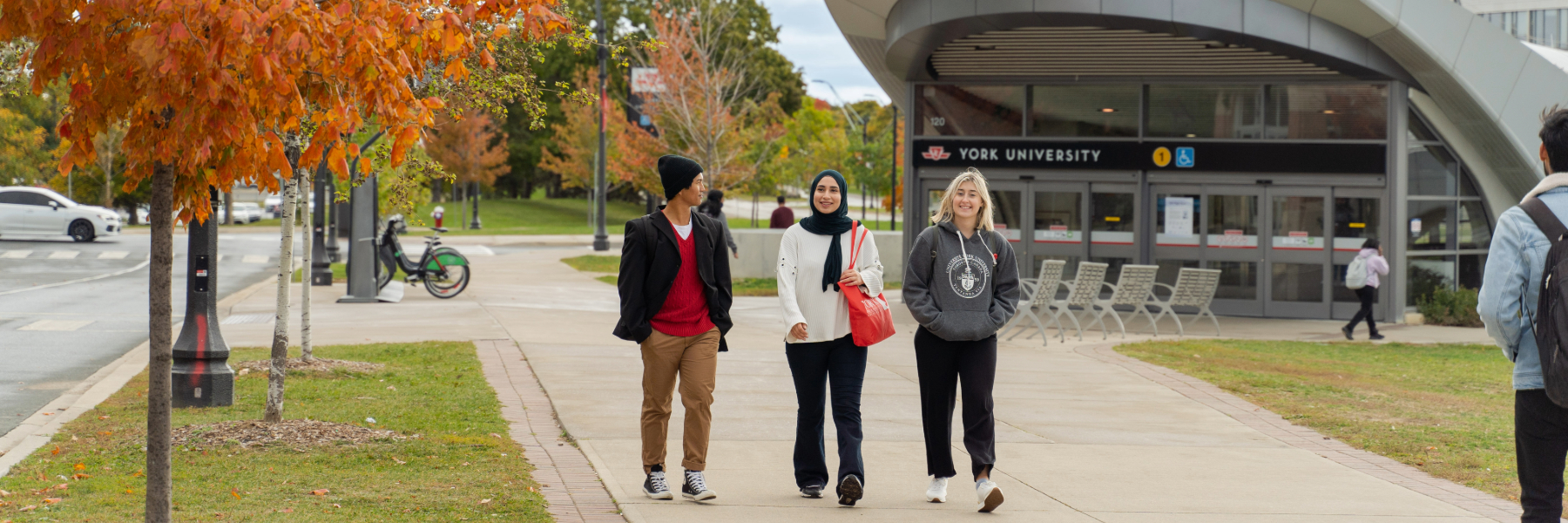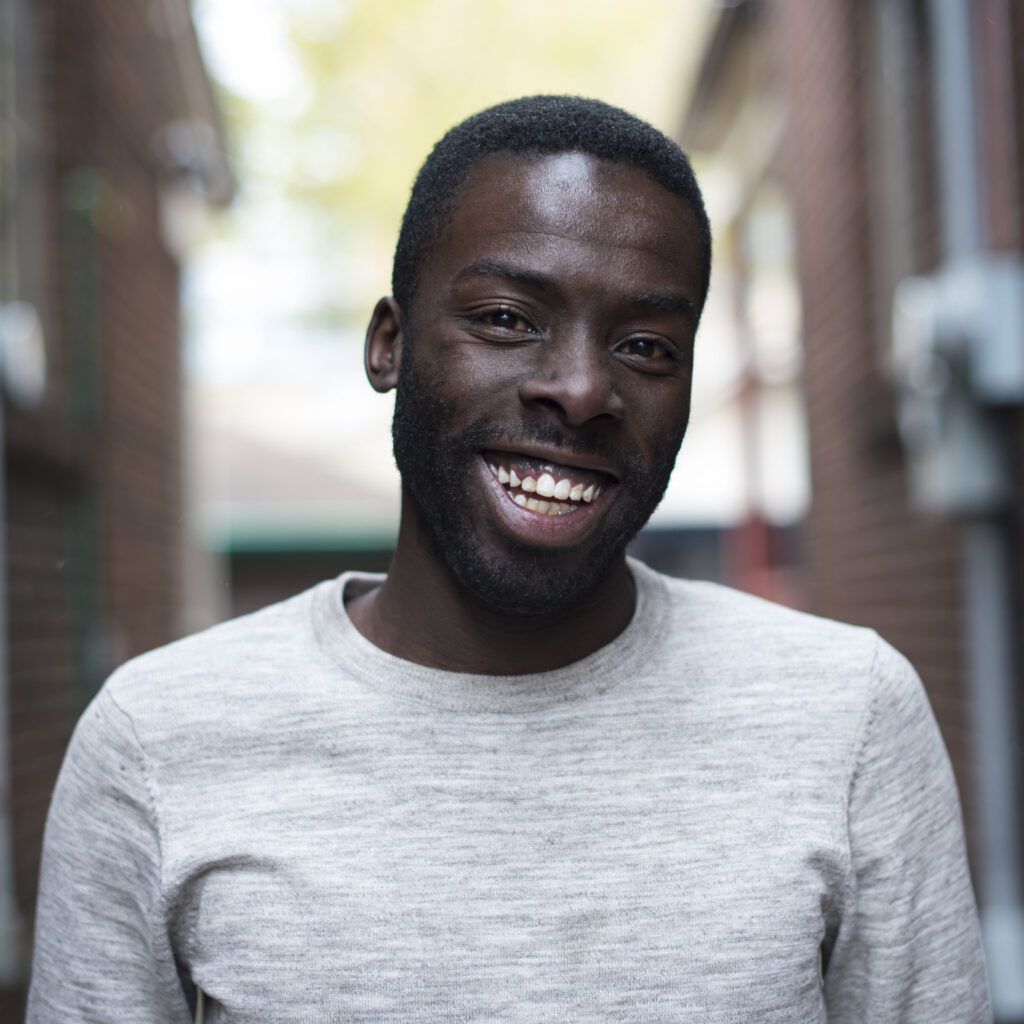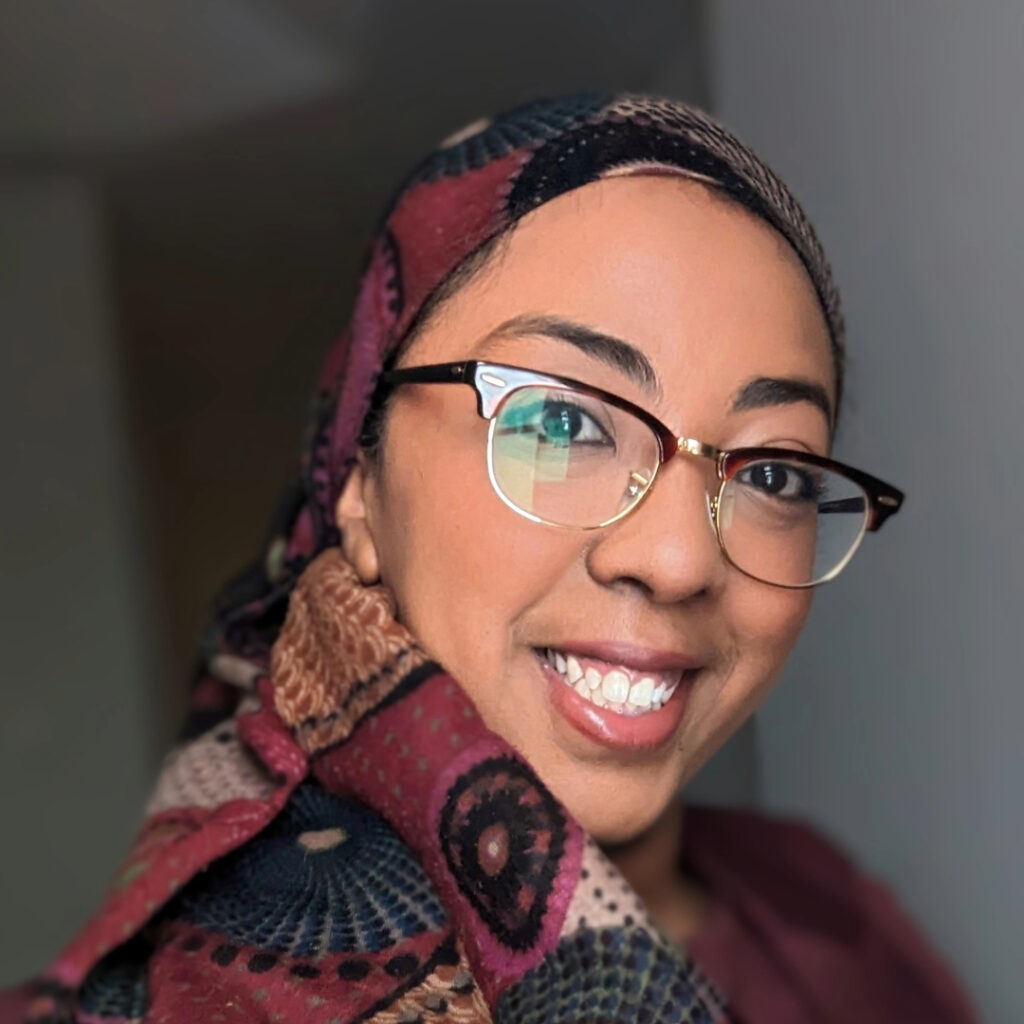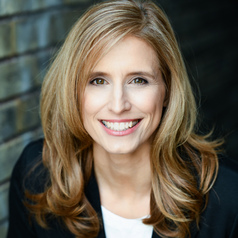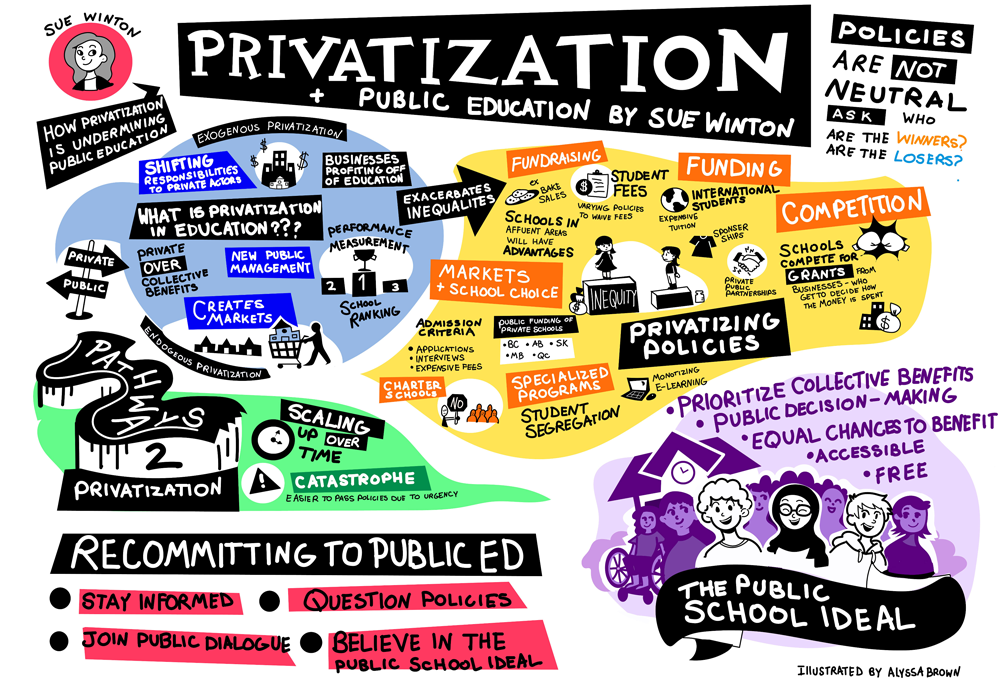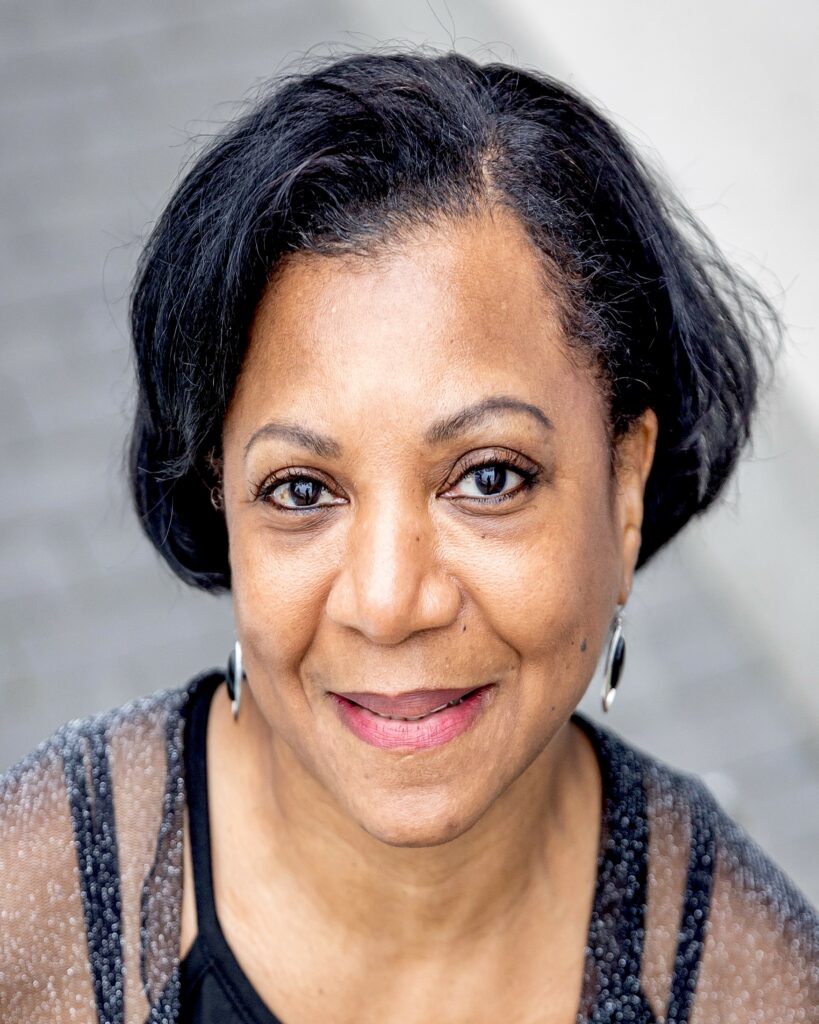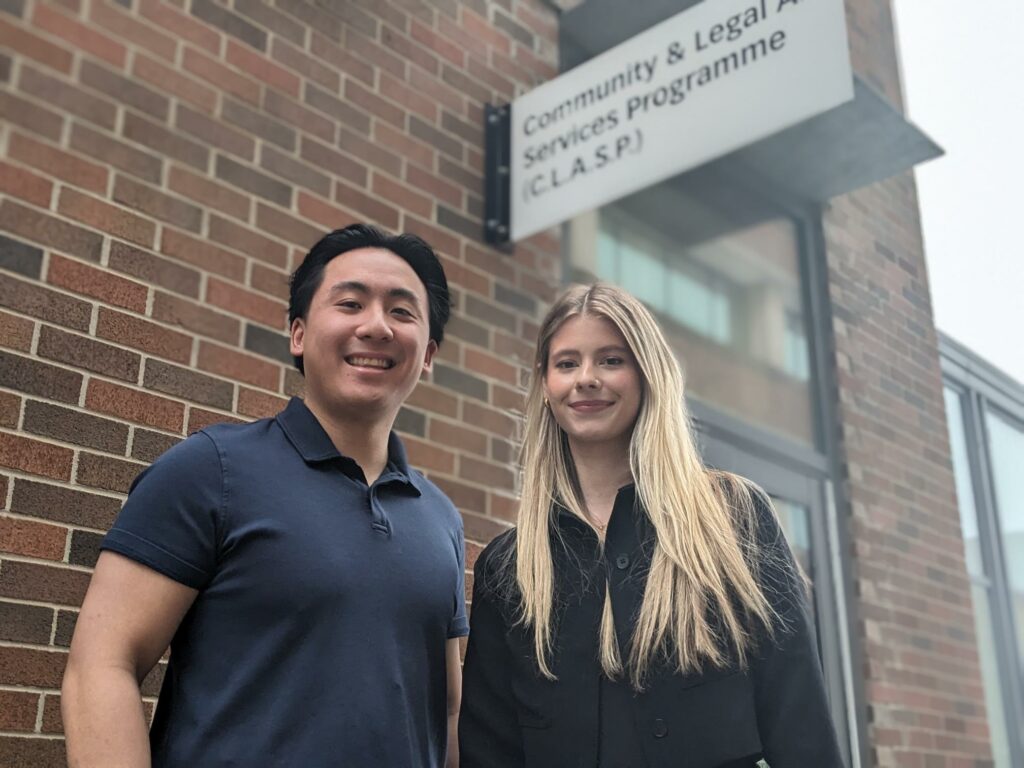Earlier this month, two York University professors – Mathieu Poirier and Susan Rogers Van Katwyk – joined Canadian experts and government representatives at the Pandemic Agreement Regional Engagement Series. Organized by the Government of Canada, this series of meetings held across the country were intended to facilitate productive discussion about Canada’s role in pandemic prevention, preparedness and response.
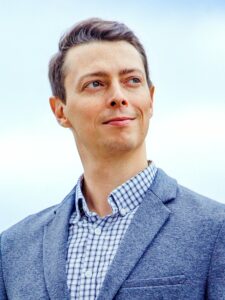
“With the COVID-19 pandemic, it became clear that there were real inequities that emerged, and there were issues with the International Health Regulations, which are the main international law we use to deal with pandemic threats,” said Poirier. “So when we see medical countermeasures, vaccines that were extremely inequitably distributed, it became clear that we need a new agreement – a Pandemic Agreement – to deal with these pandemic threats.”
Attendees at the meetings, which built on the Pandemic Instrument Partner and Stakeholder Engagement Forum that took place in Ottawa last March, were encouraged to share their input on and updates to the development of the Pandemic Agreement (previously referred to as the Pandemic Instrument). The agreement seeks to address policy gaps in preventing, preparing for and responding to pandemics, and is scheduled to be presented to the 77th World Health Assembly in May of this year.
Poirier, an assistant professor in York’s School of Global Health, a Tier II Research Chair in Global Health Equity and co-director of the York University- and University of Ottawa-based Global Strategy Lab (GSL), participated in a Toronto-based meeting focused on enhancing capacities to detect, understand, and act on public health threats through improved global co-operation on data standardization and interoperability.
“It’s important to remember that Canada is less than one per cent of the world’s population, and that means that there’s something like a 99 per cent chance that a future pandemic will emerge outside of Canada,” said Poirier. “And in the likelihood that occurs, we have to have strong international co-operation between countries so that we are prepared to detect, understand and act on those pandemic threats, and that other countries are as well.”
The session he attended, he said, brought widespread support for creating a committee to facilitate the adoption of international data standards and interoperable systems. Participants emphasized the importance of supporting low-and middle-income countries in strengthening their systems and advocating for a decolonized approach that learns from best practices globally while minimizing potential harms to countries that choose to participate in data sharing.
Rogers Van Katwyk, an adjunct professor at York and managing director of the AMR (Antimicrobial Resistance) Policy Accelerator at the Global Strategy Lab, participated in the Vancouver-based session, which focused on equity within the pandemic agreement.
The Global Strategy Lab’s previous research on the pandemic treaty has gained significant recognition. A comment in The Lancet, by the Intergovernmental Negotiating Body spearheading negotiations on the pandemic agreement, cited GSL’s research on what makes for an effective international treaty, and a symposium issue of the Journal of Law, Medicine, and Ethics (JLME) on the inclusion of AMR in the Pandemic Agreement, co-edited by Rogers Van Katwyk and GSL Director and York Professor Steven J. Hoffman, has greatly contributed to the discussion. With GSL members taking part in high-level discussions like the recent Pandemic Agreement Regional Engagement Series, the lab’s international influence is sure to continue its trajectory of growth.
To hear more from Poirier about his participation in the meetings and their potential impact on our global health future, watch the video below:



